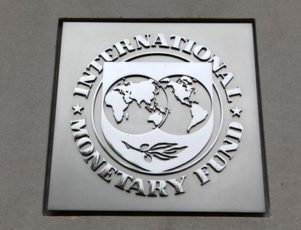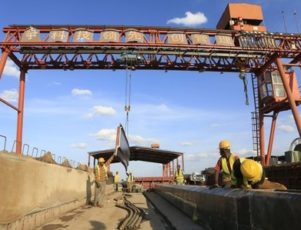JOHANNESBURG (Reuters) – Economic growth in sub-Saharan Africa will likely slow this year to its weakest in nearly two decades, hurt by a slump in commodity prices, the Ebola virus outbreak and drought, the IMF said on Tuesday.
In its African Economic Outlook, the Fund said the region would likely grow 3 percent this year – the lowest rate since 1999 – after expanding by 3.4 percent in 2015.
Growth was seen recovering to 4 percent next year, helped by a slight recovery in commodity prices, and the Fund said it was still optimistic about the region’s prospects in the longer term.
“However, to realise this potential, a substantial policy reset is critical in many cases,” the Fund said.
Affected countries needed to contain fiscal deficits as the reduction in revenue from the commodities sector was expected to persist, it added.
Major oil exporters Angola and Nigeria were hardest hit by the slump in commodities prices, as were Ghana, South Africa and Zambia, the report said.
Guinea, Liberia, and Sierra Leone were only gradually recovering from the Ebola epidemic, while several southern and eastern African countries including Ethiopia, Malawi and Zimbabwe were suffering from a severe drought, the IMF added.
On the upside, Côte d’Ivoire, Kenya and Senegal would see growth of more than 5 percent, mostly “supported by ongoing infrastructure investment efforts and strong private consumption,” the report said.
“The decline in oil prices has also helped these countries, though the windfall has tended to be smaller than expected, as exposure to the decline in other commodity prices and currency depreciations have partly offset the gains in many of them,” it added.
(Reporting by Olivia Kumwenda-Mtambo; Editing by Andrew Heavens)


